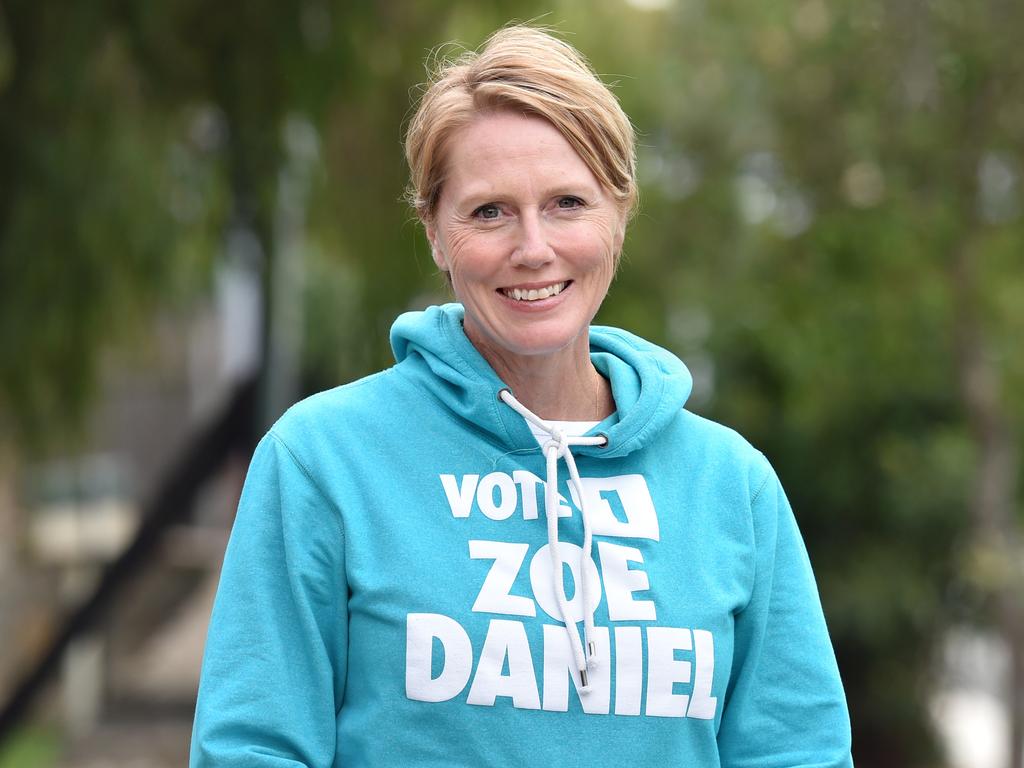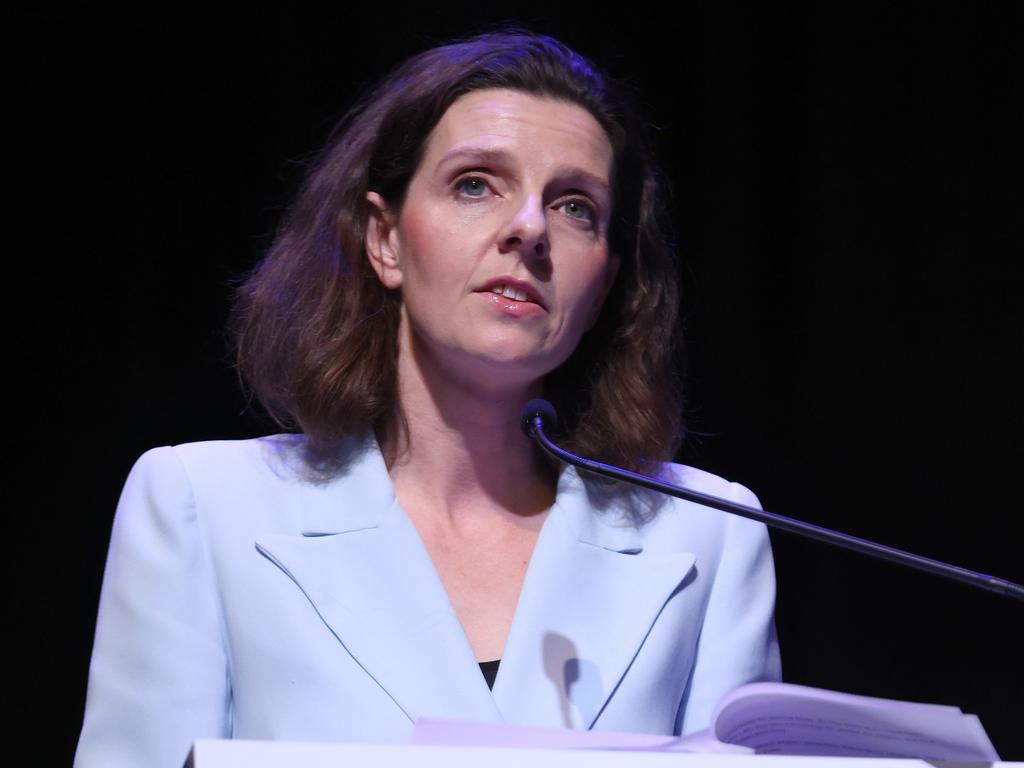Election 2022: Beware the curse of idealism in teals’ march

A pernicious strain of idealism has pervaded the past six weeks, forcing such an extreme disjunction between fantasy and reality that the fantasy rules irrespective of its consequences.
The Greens have long set the scene. This time their poster policy is one word: climate. Now they are echoed by the teal independents, who are thriving in well-to-do suburbs in which voters are less constrained by everyday practical, cost-of-living concerns.
If the callow in the electorate were but a small minority of voters that would not matter, but we seem to be witnessing a large and influential minority on the march, feeling free to plunge themselves into an orgy of virtue signalling or what has been termed “luxury opinion”.

Politics is, in the fact, the strong and slow boring of hard boards, to quote German sociologist Max Weber. It requires, Weber added, a trained relentlessness in viewing the realities of life. Politics is hard yakka. It is, in the main, unglamorous. Its principal aim is good management, to keep the state stable, prosperous and well-defended.
Green energy policy, to take a flaring counter-example, would immediately founder in practice, for enforcing no coal and no nuclear today soon would materialise as no electricity. In this election, such cloud-cuckoo-land policy is no longer a harmless indulgence at the margins. Politicians of proven high calibre such as Josh Frydenberg and Tim Wilson are under threat from feel-good enthusiasm.
We have moved into the territory of the road to hell being paved with good intentions.
True, the growing indifference in the electorate to the major parties, with both suffering from a low primary vote, is being aggravated by weak performance. The government comes across as lacklustre, while the alternative prime minister projects little of the aura of a leader, his demeanour bland as he nervously muffs his lines. So, in an uninspiring, low-octane environment, at least, it might be claimed the teal independents provide some distraction.
This election is the opposite to the one in the US that brought Barack Obama to power. Then, euphoria flushed with idealism was even further augmented by the newly elected president’s charisma. From the outset, that was bound to end in disappointment, which it did. Charisma, like idealism, is itself a dangerous quality in politics, in taking people’s minds off down-to-earth reality and its often-grim demands.
Two clear cases in which charisma was for the good were that of Abraham Lincoln during the American civil war, as he also brought an end to slavery, and Winston Churchill rallying British morale in 1940 in the face of Nazi onslaught. These were times of emergency and the leaders combined charisma with shrewd judgment.
Shakespeare has provided us with the most insightful critique of idealism in politics that I know. In his Julius Caesar, the test case is Brutus, who is defined by one act. He kills Julius Caesar on the steps of the Senate, seemingly after long deliberation. Most of the characters who move in Brutus’s vicinity love and admire him. He is judged noble principally because he is not acting out of self-interest; he does not expect to gain power or wealth for himself by the death of Caesar. He claims his interest is the “general good”.
The problem is his reasons are not strong enough. Brutus even reflects lamely that power might go to Caesar’s head. Brutus’s image of himself determines that he is the one with the strength of will to calmly, coolly and rationally go through with such an extreme act. It is his duty to himself; his self-respect depends on it. Only cowards cannot act.
Continuing the theme of self-aggrandisement, Brutus is what it is to be a man, as his enemy Mark Antony proclaims in the final speech of the play, making a Jesus association. Brutus, by challenging the claim of Caesar to ultimate power, achieved by becoming king, proves that he can trump that power by killing Caesar and doing so with virtue on his side.
But this nobility is little more than vanity dressed up in moral finery. The man of principle boasts in self-righteous anger: “I am arm’d so strong in honesty” and continues with a pompous speech about his own virtue.
Brutus’s rationalisations about nobility and due cause are no more than that, empty rationalisations. In his first soliloquy it is clear he has already decided to kill Caesar, and the prompting of his friend Cassius and his own reasoning are superfluous.
In the case of the teal independents, idealism seems to arm the candidates so strong in honesty that they can deceive with a good conscience. The moment they assert that climate is primary, and in a hung parliament they will go with the party that has the best climate policy, they are not independent. They are de facto Labor. In traditional Liberal electorates they cannot afford to admit that.
Of course, defending unscrupulous action on the grounds that the end justifies the means is common in politics, and sometimes necessarily so. But there is a problem when this defence is used by idealists, for their image of pure virtue is tarnished when serious hypocrisy or duplicity is exposed.
The Brutus case further implies that compassion talk should not be taken on trust, whether its concern is for the disadvantaged or for the earth and its climate. Talk is cheap.
A stable, effective politics depends on the meeting of tempered principles with the practical needs of the day. When principles are inflated with hot air or when they do not exist at all, the chances of a country being well governed are low. On Saturday, the former is in danger of leaving Australia with a paralysed, ineffectual federal government, whichever of the major parties prevails.
John Carroll is professor emeritus of sociology at La Trobe University.







The message of Saturday’s election seems to me: Beware of idealism in politics.